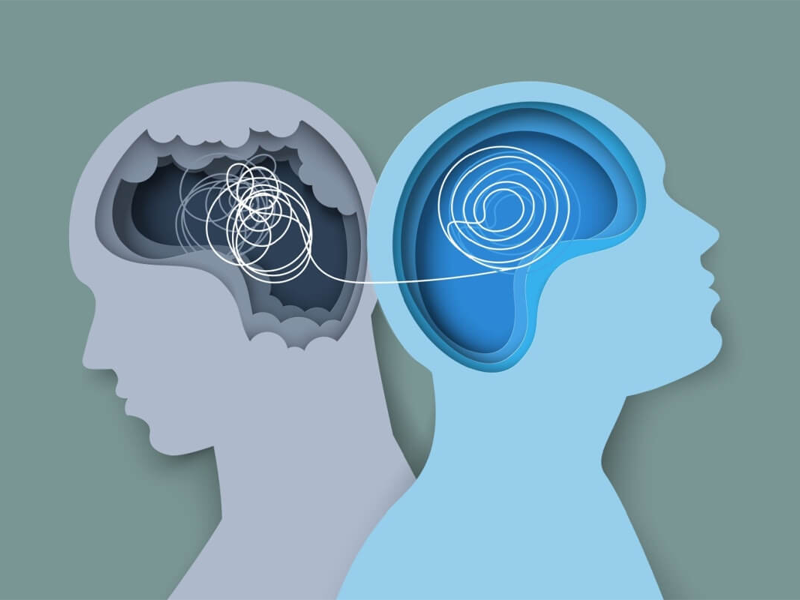Introduction
Losing a child is an unimaginable pain; grief inhabiting and reconfiguring a mother’s environment. But what if there was proof that your child never truly leaves you? Fetal microchimerism is more than a scientific concept; it is also an emotional and spiritual comfort with validity for the mother-child bond that surpasses loss.
Marie Kurka Brown illustrates that grieving mothers can find peace, comfort, and a renewed sense of purpose in understanding this unseen connection. The blog explores how fetal microchimerism can act as a powerful healing and emotional resilience tool.
Science of an Everlasting Connection
Microchimerism is defined as the process wherein the fetal cells remain in the mother’s body for a long period, far beyond the time of pregnancy. These cells embed themselves in organs and give rise to a biological link for a lifetime. Scientifically, fetal cells have been found in mothers decades after child delivery, implying that they are there for some reason: some kind of healing, support of the immune system, or simply as a reminder of the unbreakable bond between the mother and child.
The New Grief Perspective
Grief is usually characterized by pain, emptiness, and absence. For fetal microchimerism, however, this logic does not hold. Instead, loss could be construed in a light that gives evidence of an ever-presence that evolves but does not completely vanish.
It may feel good to many mothers to realize that their children are still hanging around! To them, realizing their child is still living within them serves as a concrete link: one that allows them to hold on to love without being consumed by sorrow.
Pain as Strength
The healing work after the death of a child is a very personal thing. Nothing can take away the lost child, but drawing strength from the biological and spiritual ties that remain will surely help build resilience. Marie Kurka Brown is inviting mothers to explore other paths to healing, which include:
- Journaling about their child and their continued presence
- Meditation or spiritual practices honoring that connection
- Building communities with support from other mothers coping with loss
- Learning about fetal microchimerism for deeper insight into the bond
- Therapy or counseling for healthy emotional processing
- Participating in creative expression like painting, poetry, or music to liberate their grief
The Role of Community in Healing
Finding a compassionate community is among the most potent medicines for grief. Many mothers find solace by sharing their truths in the presence of others who acknowledge their pain. Online forums, local support groups, and close friends and family can all help in turning loss into a path of love and resilience.
Conclusion
Grief may never leave, but neither does love. Fetal microchimerism shows us some bonds are forever; this comforts mothers knowing they are never truly alone. Thus, understanding and embracing this invisible connection makes healing a journey of love, not loss.




